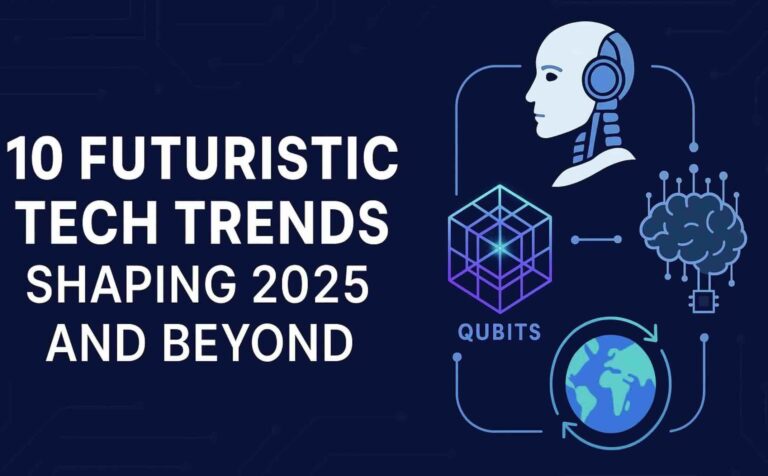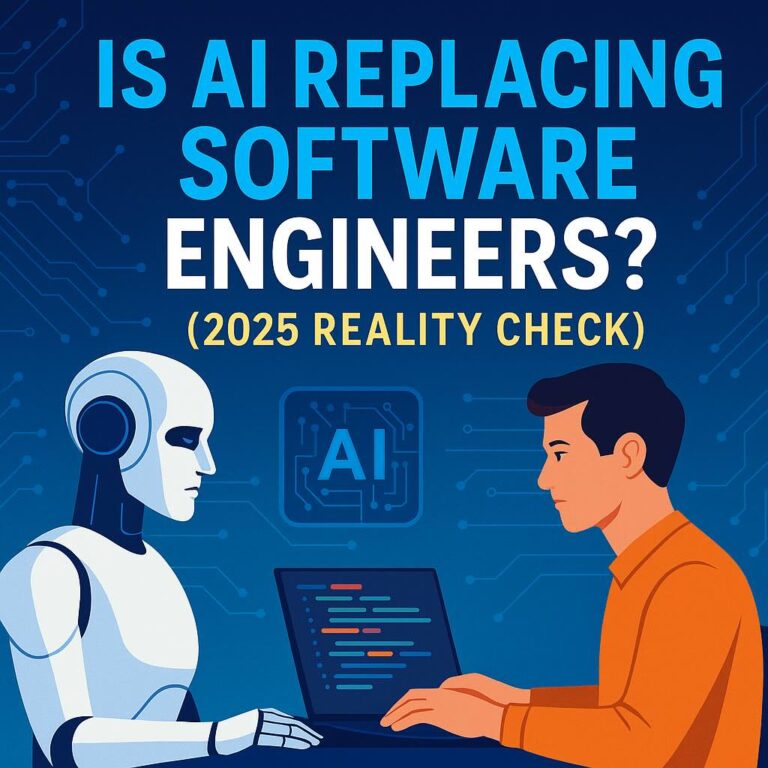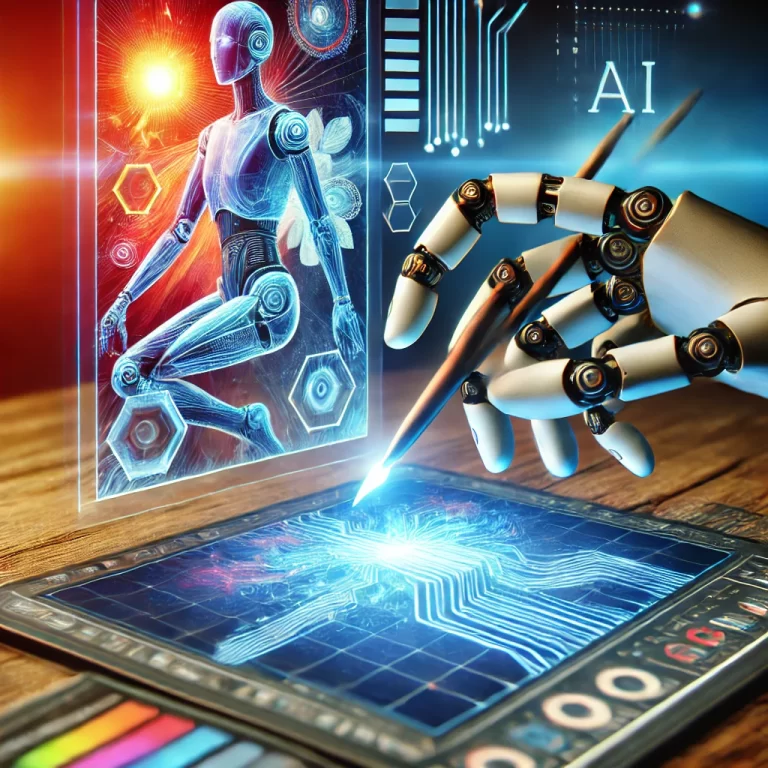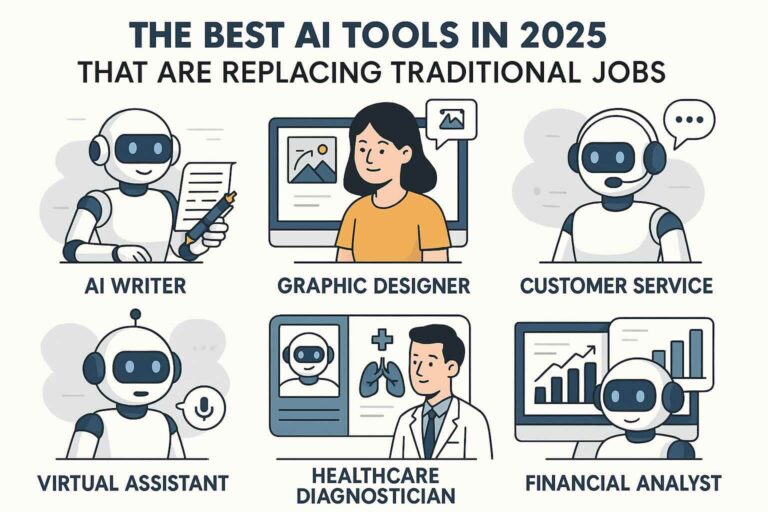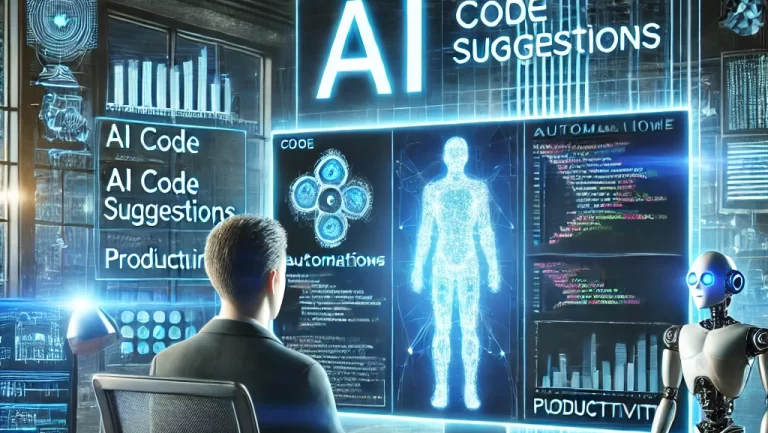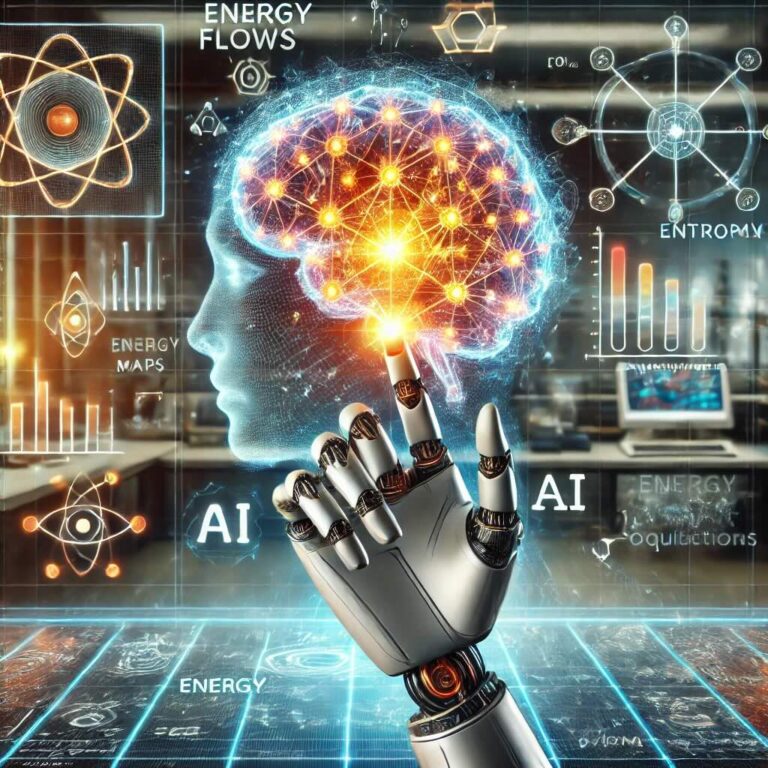Artificial intelligence (AI) has made remarkable strides over the past decade, transforming industries and reshaping our daily lives. From healthcare and finance to entertainment and communication, AI systems are becoming increasingly integrated into the fabric of society. However, as we continue to develop and deploy advanced AI technologies, it is crucial to address the ethical considerations that come with this transformative power. This article explores the ethical challenges of AI development and deployment, highlighting key areas of concern and proposing ways to navigate these complex issues responsibly.
1. Bias and Fairness
One of the most pressing ethical issues in AI is bias. AI systems learn from data, and if the training data contains biases, the AI can perpetuate and even amplify these biases. This can lead to unfair treatment of individuals based on race, gender, age, or other characteristics. For instance, biased AI algorithms in hiring can disadvantage qualified candidates from underrepresented groups, while biased facial recognition systems can disproportionately misidentify people of color.
Addressing Bias: To mitigate bias, it is essential to ensure diversity in training data and implement rigorous testing for fairness. AI developers must be aware of the potential for bias and actively work to identify and correct it. Additionally, transparency in AI decision-making processes can help in auditing and addressing biases.
2. Privacy and Surveillance
The deployment of AI often involves the collection and analysis of vast amounts of personal data. This raises significant privacy concerns, as individuals may be subjected to intrusive surveillance without their consent. AI-powered surveillance systems can track individuals’ movements, monitor their online activities, and even predict their behavior, leading to a potential erosion of privacy.
Protecting Privacy: Safeguarding privacy requires robust data protection regulations and ethical guidelines. AI systems should be designed with privacy in mind, ensuring that data is anonymized and securely stored. Consent mechanisms should be transparent, giving individuals control over their personal information.
3. Accountability and Transparency
AI systems can make decisions that significantly impact people’s lives, such as determining creditworthiness, diagnosing medical conditions, or recommending legal sentencing. When these decisions go wrong, it can be challenging to determine who is responsible. The opacity of AI algorithms, often referred to as “black box” systems, exacerbates this issue, as it can be difficult to understand how the AI arrived at a particular decision.
Ensuring Accountability: To enhance accountability, AI systems should be transparent and explainable. Developers must document and disclose how AI systems are designed, trained, and deployed. Creating mechanisms for auditing AI decisions and establishing clear lines of responsibility can help ensure that there is accountability for AI-driven outcomes.
4. Job Displacement and Economic Impact
AI’s ability to automate tasks poses a significant ethical dilemma regarding job displacement. While AI can enhance productivity and create new job opportunities, it can also render many jobs obsolete, particularly those involving routine or manual tasks. This can lead to economic inequality and social unrest if not managed properly.
Managing Economic Impact: Policymakers and industry leaders must proactively address the economic implications of AI. This includes investing in education and training programs to equip workers with skills for the AI-driven economy, as well as implementing social safety nets to support those affected by job displacement.
5. Autonomy and Human Agency
Advanced AI systems, particularly those capable of autonomous decision-making, raise ethical concerns about human agency and control. There is a risk that humans may become overly reliant on AI, leading to a loss of critical thinking and decision-making skills. Additionally, AI systems with autonomous capabilities, such as self-driving cars or autonomous weapons, pose significant risks if they malfunction or are misused.
Preserving Human Agency: It is crucial to design AI systems that enhance rather than replace human decision-making. Ensuring that humans remain in control and have the final say in critical decisions can help preserve human agency. Ethical guidelines should be established for the development and deployment of autonomous AI systems, prioritizing safety and human oversight.
6. Ethical AI Governance
The rapid development of AI technologies calls for robust ethical governance frameworks. These frameworks should address the various ethical issues associated with AI and provide guidelines for responsible AI development and deployment. Ethical AI governance involves not only technical considerations but also broader societal and cultural factors.
Implementing Ethical Governance: Governments, industry leaders, and academic institutions must collaborate to create comprehensive ethical standards for AI. This includes establishing regulatory bodies to oversee AI development, promoting interdisciplinary research on AI ethics, and fostering public engagement to ensure that diverse perspectives are considered.
Conclusion
The ethical considerations of developing and deploying advanced AI are multifaceted and complex. Addressing these issues requires a proactive and collaborative approach, involving stakeholders from various sectors and disciplines. By prioritizing fairness, transparency, accountability, and human agency, we can harness the transformative potential of AI while mitigating its ethical risks. As we navigate the uncharted territory of AI, ethical governance will be crucial in ensuring that AI technologies are developed and deployed in ways that benefit society as a whole, safeguarding the values and rights that underpin our humanity.



